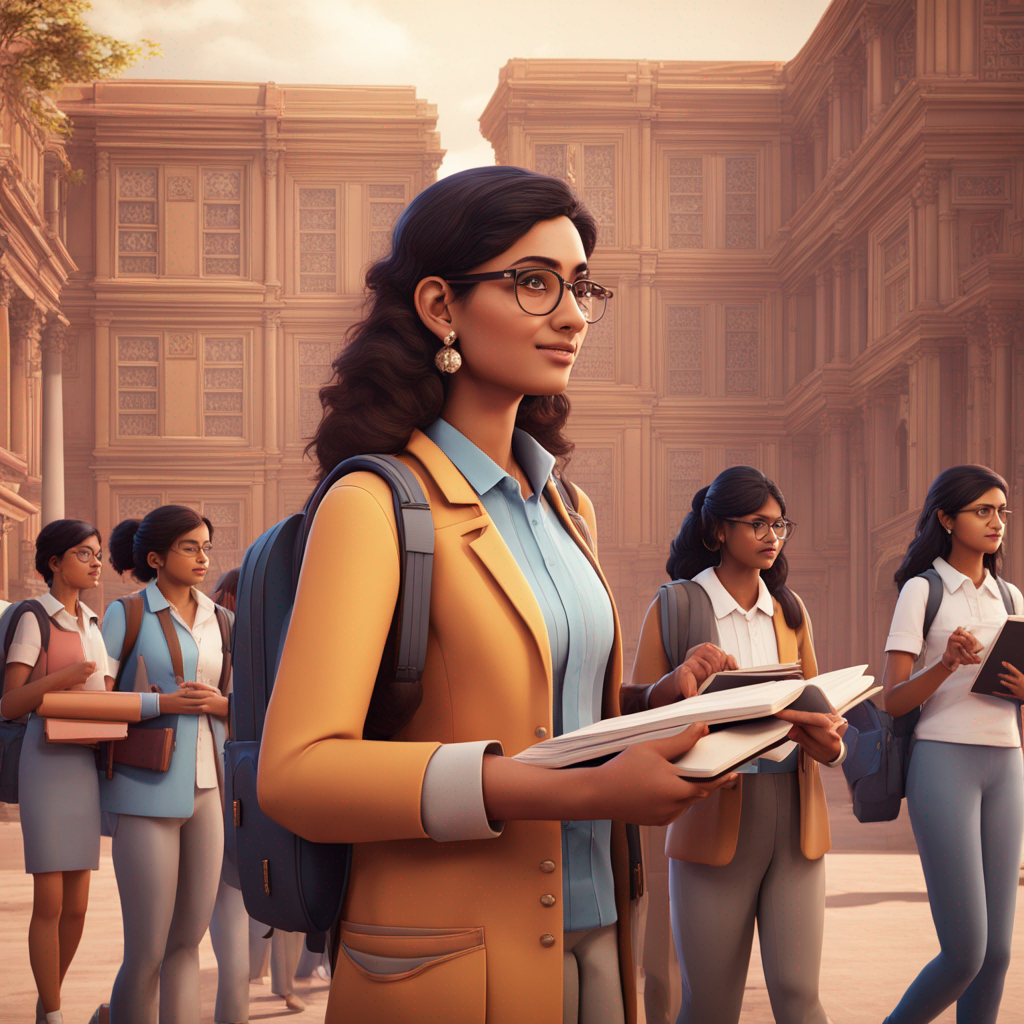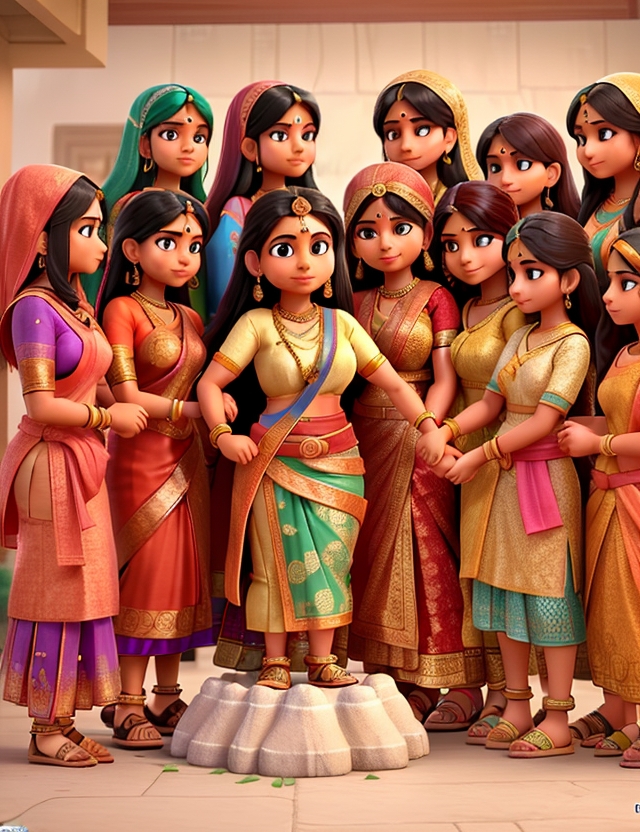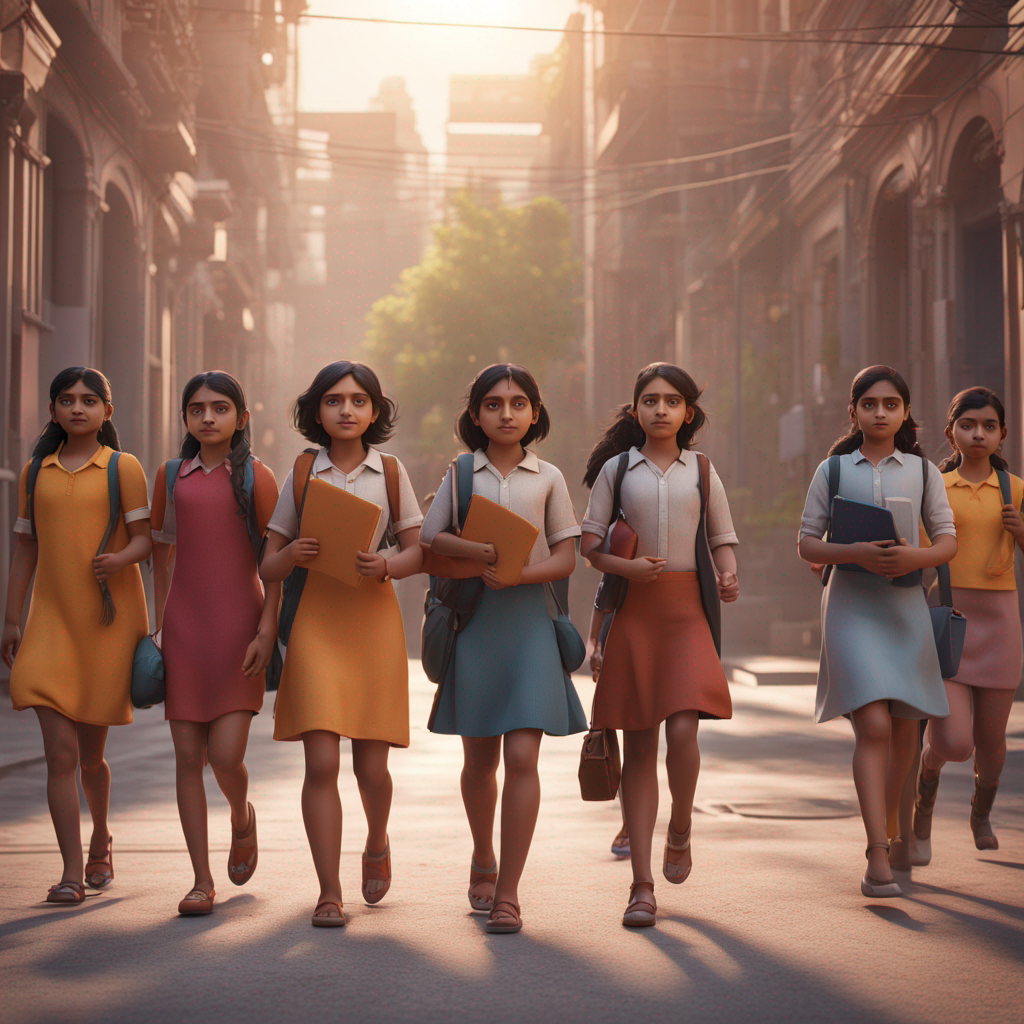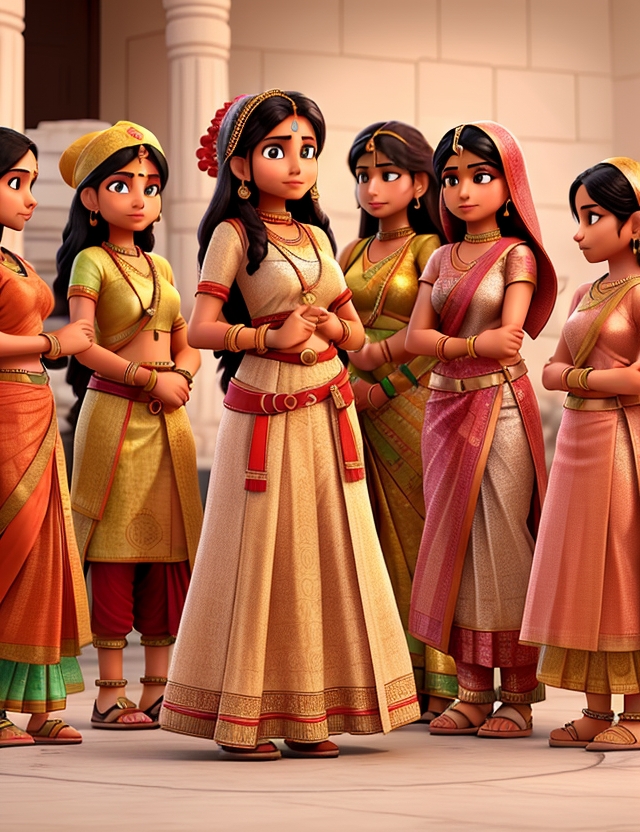In a time when the new parliament building debates the Nari Shakti Vandan Adhiniyam, commonly known as the Women’s Reservation Bill presented by our beloved PM Narendra Modi, many of us ponder why it took so long for Indian politicians to bring this crucial legislation to the forefront. I, like many others, recall my schooling and college days when the representation of girls was minimal, even in co-ed English medium schools. One can only imagine the scenario in government institutions, where dropout rates are high. The deep-rooted stereotypes and patriarchal culture of Indian society have limited the flight of women’s strength. While we have had remarkable women leaders, from freedom fighter Rani Lakshmi Bai to Sarojini Naidu, and more recently, the likes of Indira Gandhi, Sonia Gandhi, Mayawati, Mamta Benerjee, Sushma Swaraj, Nirmala Sitharaman, and Smriti Irani, the ground reality remains a struggle for women’s basic needs like education, improved living conditions, a rightful share in parental properties, and much more.
I’ve witnessed these challenges firsthand in our society and within my own family. I am determined to be a part of the change, and if that means passing a bill in parliament, so be it. As a father of a baby girl, I want to safeguard the future of countless women in India.
My viewpoint on the significance of the Women’s Reservation Bill for Indian women is as follows:
- Empowerment:
- Political Participation: The Women’s Reservation Bill, would enable women to actively participate in shaping the nation’s policies and laws. Currently, women are vastly underrepresented in the political sphere, which hampers their ability to influence decisions that affect their lives and the lives of all citizens.
- Access to Resources: Political power provides access to resources, budgets, and development initiatives. With more women in decision-making roles, there’s a higher likelihood that resources will be allocated to address issues that disproportionately affect women, such as maternal health, education for girls, and economic opportunities.
- Self-confidence and Leadership: Women in politics serve as role models for young girls, inspiring them to embrace leadership roles to shape future of Bharat, beyond being portrayed merely as objects of beauty in media world. The presence of women in key political positions can boost the confidence of young girls and women, encouraging them to aspire to leadership positions, thus contributing to a more gender-balanced society.
- Equality:
- Historical Underrepresentation: Throughout India’s history, women have been grossly underrepresented in political offices. This disparity reflects an inherent gender bias that needs to be addressed. The Women’s Reservation Bill seeks to rectify this historical injustice by reserving seats for women, promoting gender equality in politics.
- Equal Opportunity: By providing women with equal opportunities to hold political office, the bill aims to create a level playing field where they can compete based on merit and their vision for the nation, rather than being hindered by traditional gender roles and stereotypes.
- Social Change:
- Focused Policies: Women in politics are more likely to champion policies that address gender-specific issues, such as domestic violence, reproductive rights, and gender pay gaps. These policies can lead to substantial social change by improving the lives of women and fostering a more equitable society.
- Impact on Communities: The positive impact of these policies extends beyond individual women to entire communities. For example, improved access to healthcare and education for women can uplift families and communities, leading to broader social development.
- Role Models:
- Inspiration: Women in positions of political power serve as inspirational figures for young girls and women. When girls see women leaders, they begin to believe that they too can achieve leadership roles in various fields, including politics.
- Breaking Stereotypes: Female political leaders challenge deeply entrenched gender stereotypes, demonstrating that women are just as capable as men in leadership roles. This challenges societal norms and paves the way for a more inclusive and accepting society.
- Diverse Perspectives:
- Comprehensive Policies: Women bring unique perspectives and experiences to the decision-making table. This diversity of thought can lead to the development of more comprehensive and inclusive policies that address a broader range of societal needs.
- Representation of All: A diverse parliament that includes women from various backgrounds ensures that the voices of all citizens, regardless of gender, are heard and considered in the policymaking process.
- Challenging Stereotypes:
- Gender Norms: The presence of women in politics challenges traditional gender norms that dictate the roles and expectations of men and women in society. It sends a powerful message that women can excel in any field, including those historically dominated by men.
- Cultural Shift: As more women enter politics and break barriers, it contributes to a cultural shift in how society views and values women’s contributions, both within and outside the political arena. This can lead to a more equitable and progressive society over time.
In closing, the urgent need for the Nari Shakti Vandan Adhiniyam, in new Bharat resonates with the spirit of progress and equality. It’s a call to action, a beacon of hope for a brighter and more inclusive future. As we embark on this journey towards a nation where women’s voices are not just heard but celebrated, let us remember the words of visionary leaders, Jawaharlal Nehru,
“You can tell the condition of a nation by looking at the status of its women”.The dream of a nation where women stand shoulder to shoulder with men in every facet of life, particularly in politics, is not just a dream; it’s a vision worth fighting for. It’s a vision that promises empowerment, equality, and lasting change. Let’s join hands, inspired by this vision, and work together to make it a reality for the generations to come. For, in the end, the strength of a nation lies in the empowerment of its women.
#AskDushyant








Leave a Reply